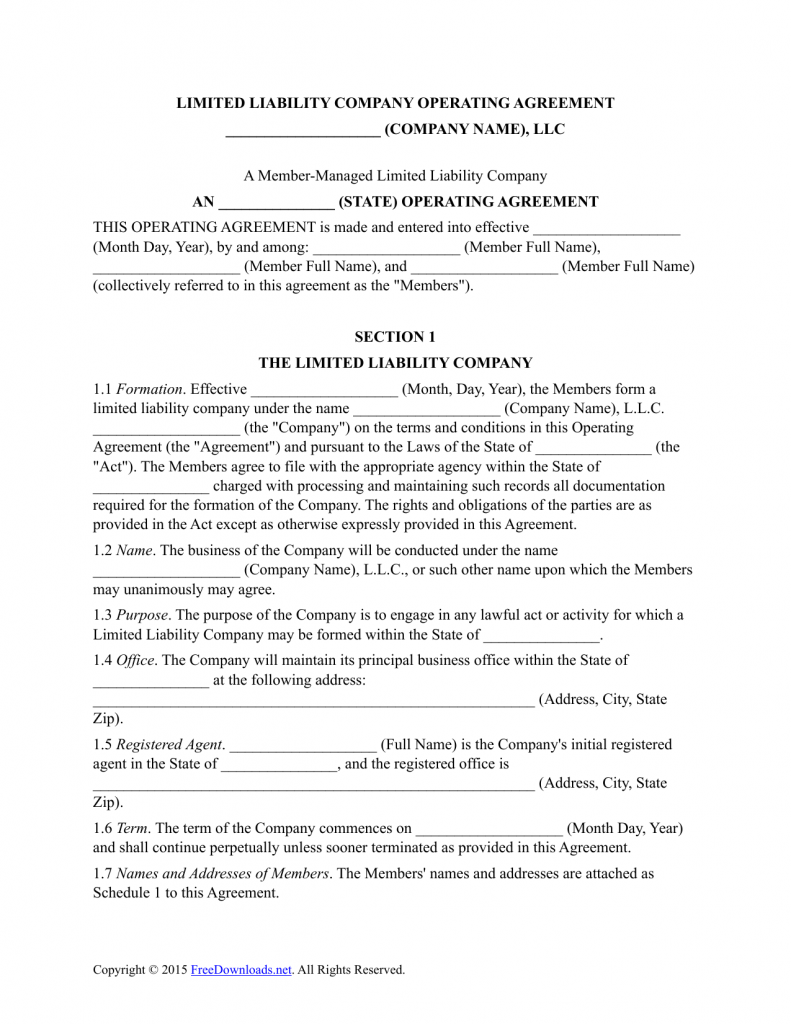

There are several ways in which LLCs and S corporations differ. Instead, income and deductions “pass through” to the owners, who pay taxes on any business profits on their personal tax returns.īut that’s where the similarities end. The business doesn’t pay federal income taxes on its profits. Differences between S corporations and LLCsīoth LLCs and S corporations are “pass-through” entities. If you have a fear of filing, we can even take care of your taxes. We give you a full picture of the financial health of your business year round allowing you to scale and grow. With Bench, you have a dedicated team of bookkeepers tracking every business expense and recording every sale. But there’s one change every business can make to save the time and stress of staying on top of financial reporting: outsourcing your bookkeeping.


Opting to be treated as an LLC or S corporation can create big benefits for your business. The business doesn’t withhold income or self-employment taxes from distributions. Owners are considered employees of the business and receive a salary with income and payroll taxes withheld. When a member dies, the LLC is usually dissolved.ĭepending on the number of members and elections made, may file Schedule C, Form 1065, Form 1120S, or Form 1120. If one owner dies, their shares may be transferred to another owner or heir. Must adopt bylaws, hold annual meetings, and keep meeting minutes.įlexible and governed by the operating agreement. Another business entity cannot be a shareholder. The operating agreement can specify whether profits are shared equally or if there are different units of membership. Each outstanding share receives equal rights to profits. A type of business entity that’s easier to set up than corporations but provides a more formal structure and liability protection from creditors than sole proprietorships or partnerships. Also known as a “Subchapter S corporation” or “small business corporation.” A special tax status granted by the IRS that combines the legal protection of incorporation with the taxation of a partnership or sole proprietorship.Ī corporate structure allowed under some state statutes.


 0 kommentar(er)
0 kommentar(er)
